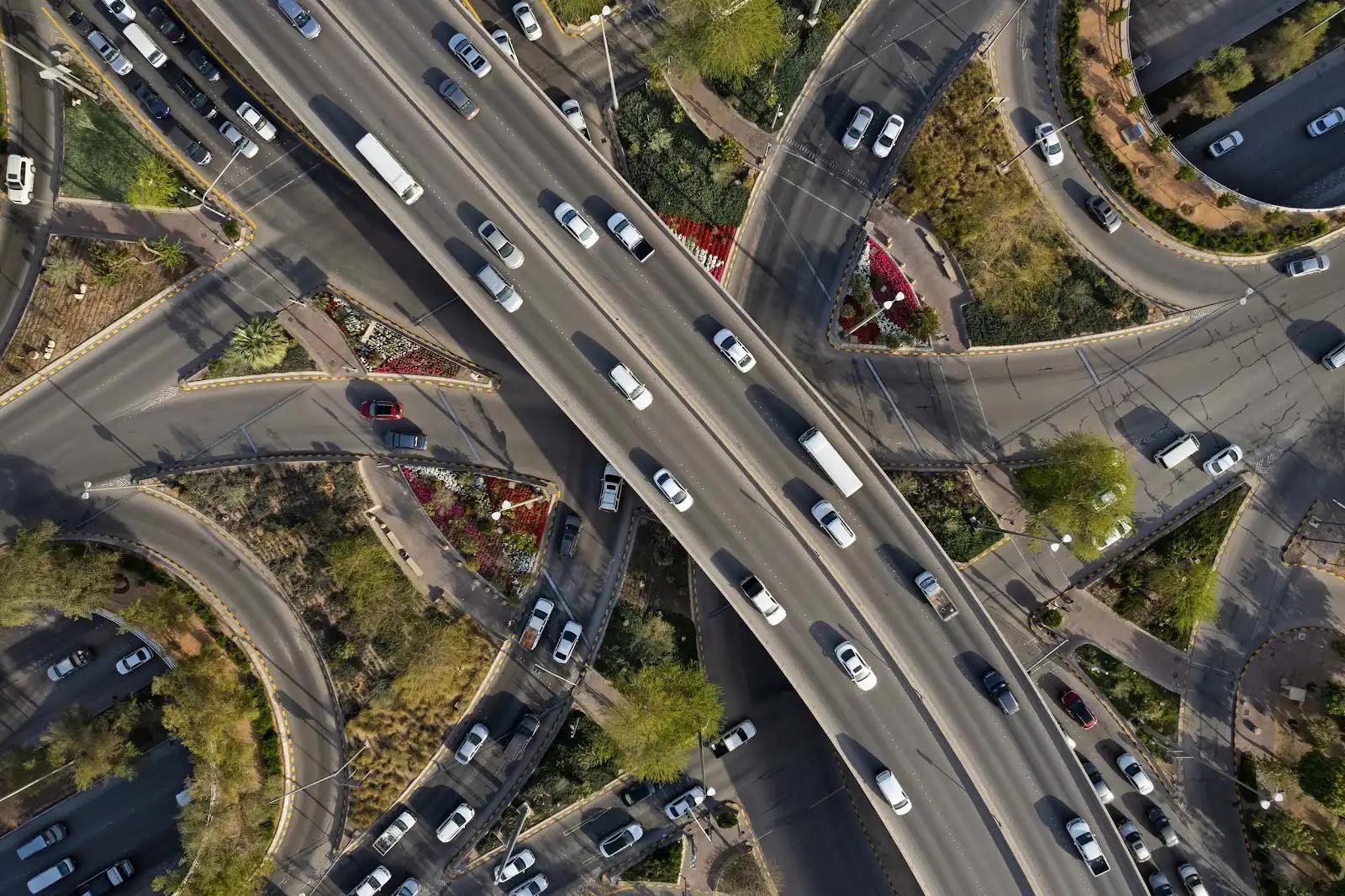833 Saudi Engineers Working in Riyadh Metro Project
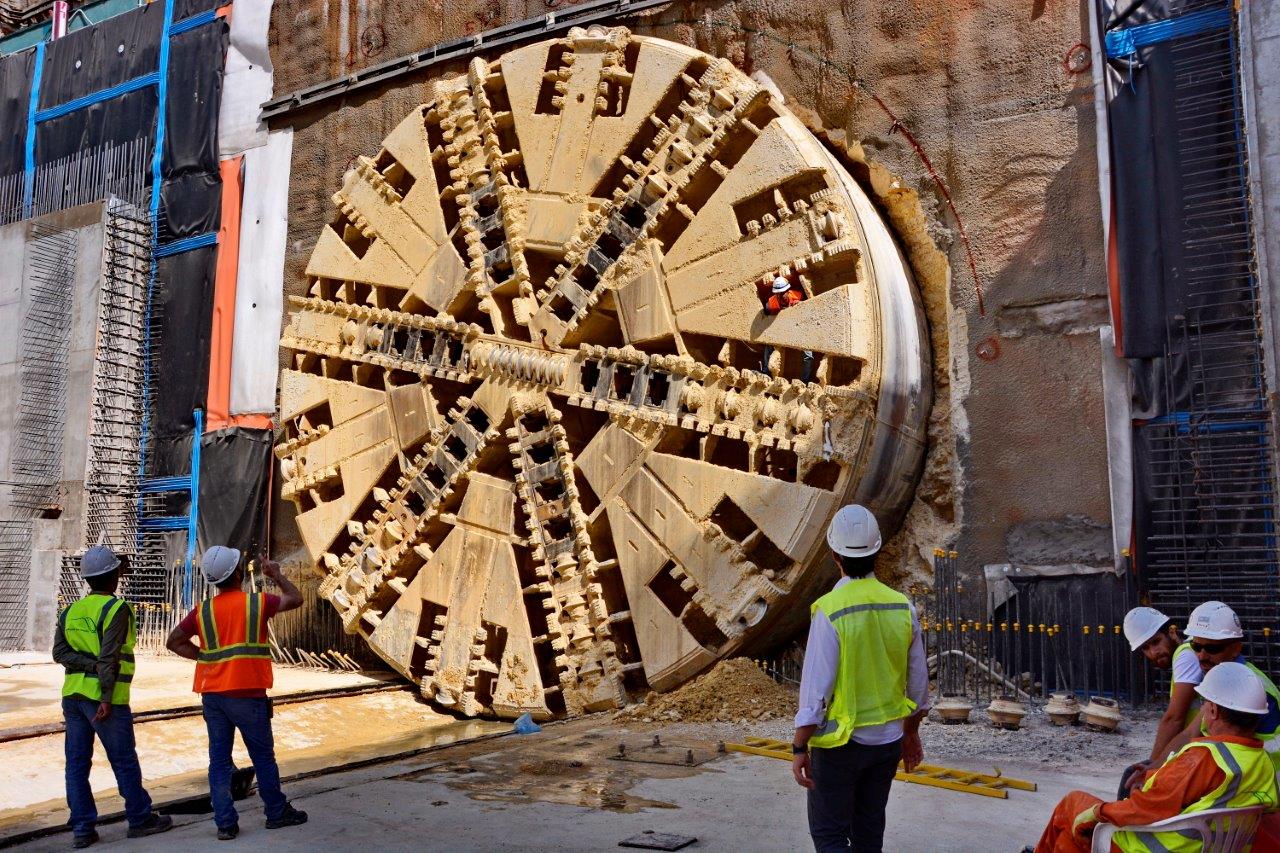
King Abdulaziz Project for Riyadh Public Transport witnesses a significant increase in the number of Saudi cadres employed by the three consortiums working in the project (BACS, Arriyadh New Mobility and FAST).
Since its inception, about 833 Saudi engineers and specialists have joined the project in various engineering, technical, and administrative roles.
A plan for preparing the qualified national cadres
The High Commission for the Development of Arriyadh has adopted a plan to prepare the qualified national cadres for joining the project and participating in its operation when complete. The plan is being implemented in phases aligned with the work progress and needs of the project.
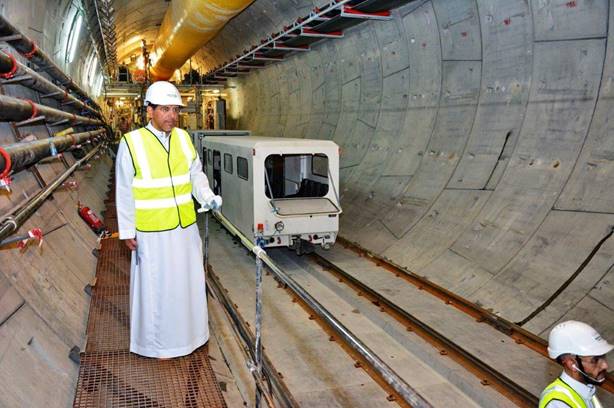
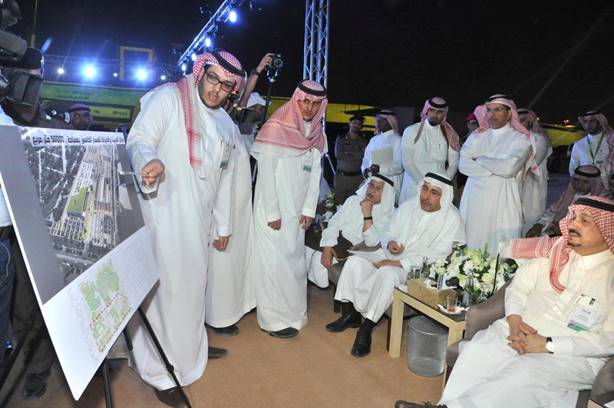
Workshops for studying international localization experiments
The High Commission for the Development of Arriyadh conducted a series of researches and studies to help create a favorable and attractive work environment for the national talents in the future phases of the project. Many experts and consultants, from both public and private sectors, participated in these workshops to come up with a plan for Saudization of the public transport investment and industrial activities.
Integration with the metropolitan partners
The High Commission implements this plan in integration with all concerned stakeholders, under a supervisory joint Committee membered by the High Commission for the Development of Arriyadh Riyadh, Ministry of Labor, Ministry of Trade and Industry, Technical and Vocational Training Corporation, Saudi Railways Organization, Saudi Railway Company (SAR), King Saud University, Human Resources Development Fund, Saudi Industrial Property Authority, and General Investment Authority.
A center for transport sector studies
In cooperation with King Saud University (KSU), the High Commission intends to establish a KSU-based center for transport studies to:
- Carry out the engineering, technical, humanitarian, and social studies needed by public transport projects across the Kingdom
- Prepare the national cadres to work in public transport sector through introduction of new relevant majors.
The High Commission also cooperates with the Technical and Vocational Training Corporation to tailor curricula and courses to provide the project with the qualified Saudi technicians and professionals.
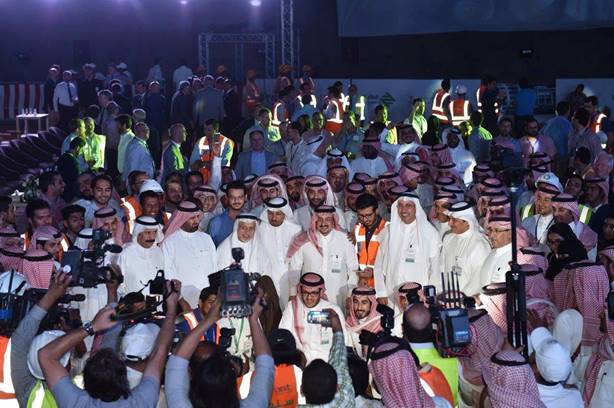
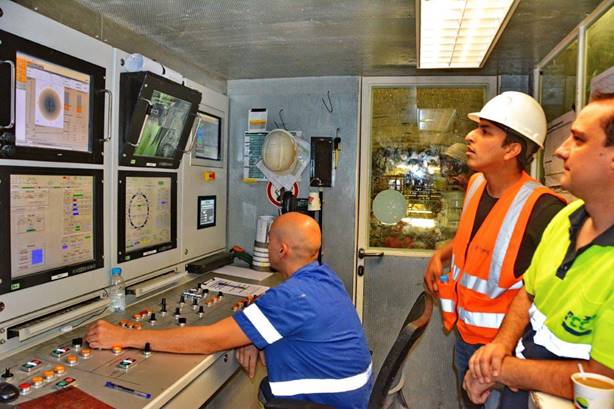
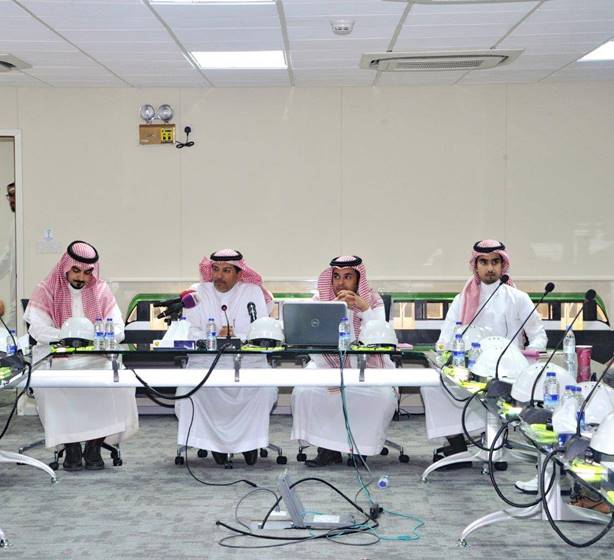
Engineering specializations
The engineering specializations ranked first with 50% of the Saudi employed cadres, particularly in the fields of civil engineering, electrical engineering, mechanical engineering, and architecture.
Professional/Technical specializations
The employed national professional/technical cadres ranked second, with planned increase throughout the project phases. The main focus would be on the cadres specialized in metro and bus systems, control and communication systems, ticketing systems, maintenance, safety, and security.
Hands-on training
The Saudis working in the project get hands-on training in addition to their involvement in all aspects of the project with the other experts and specialists employed by the international consortiums to sharpen their skills practically.
Intensive field training courses
In partnership with the consortiums, the High Commission has launched a series of intensive field training courses for 480 national engineers along all phases of the project.
Training the national cadres to operate the trains
The manufacturers of metro vehicles and operation systems host 60 Saudi graduates to get training under King Abdullah Foreign Scholarship Program. Those 60 Saudis train at overseas locations and plants to gain adequate expertise that qualifies them to operate and maintain the metro network.
